US warns Russia not to deploy nuclear-armed space weapon
The direct warning to the Kremlin shows how seriously Washington is taking the threat, with a strike on satellites a severe risk to the global economy and communications.
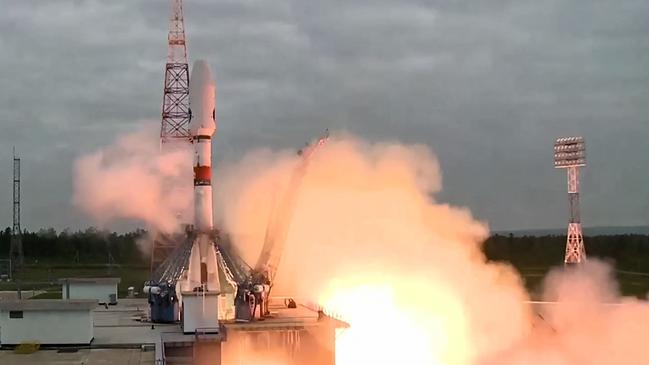
The US government has been in direct contact with Russia to warn Moscow not to deploy a new nuclear-armed antisatellite weapon, which it said would violate the Outer Space Treaty and jeopardise US national security interests, US officials said.
The outreach to Moscow is part of a broader diplomatic campaign that the Biden administration is mounting to head off the threat that also involves approaches to China, India, G-7 nations and other close allies that have interests in space and channels to Moscow.
Several US officials said that one of the channels involved President Biden’s national security adviser, Jake Sullivan, and Yuri Ushakov, a foreign-policy adviser to Russian President Vladimir Putin. The two officials have spoken a few times since Russia’s invasion of Ukraine, when the administration has sought to warn Moscow against using nuclear or other weapons of mass destruction, US and allied officials said.
CIA Director William Burns also reached out last week to Sergei Naryshkin, the director of Russia’s foreign intelligence service, a U.S. official said.
The 1967 Outer Space Treaty, which Moscow signed, bans the deployment of nuclear weapons or weapons of mass destruction in space.
The outreach followed a cryptic warning by Rep. Mike Turner, the Republican chairman of the House Intelligence Committee, who announced an unspecified “serious national-security threat” to the US and requested that Biden declassify information around it.
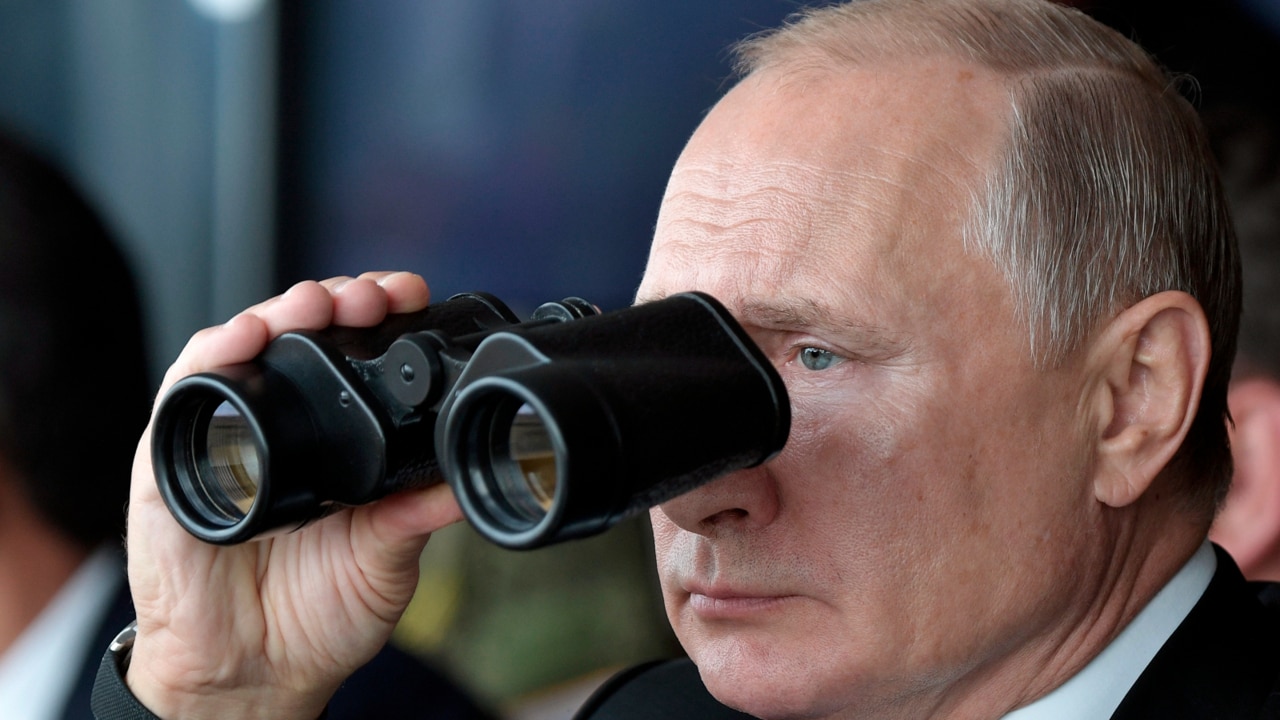
The White House a day later confirmed Russia was pursuing an “antisatellite capability” but declined to offer specifics beyond saying that it wasn’t an active threat to Americans’ safety.
The unusual disclosure caught administration officials and politicians alike by surprise, and fuelled fevered speculation in Washington about the nature of the threat that so alarmed Turner.
A spokesman from the White House National Security Council confirmed that the US engaged with the Russians over the antisatellite capability but declined to provide specifics on its sensitive channels for engaging with Moscow.
The Biden administration has been attempting to quell concerns about Russia’s space ambitions since Turner’s warning last week.
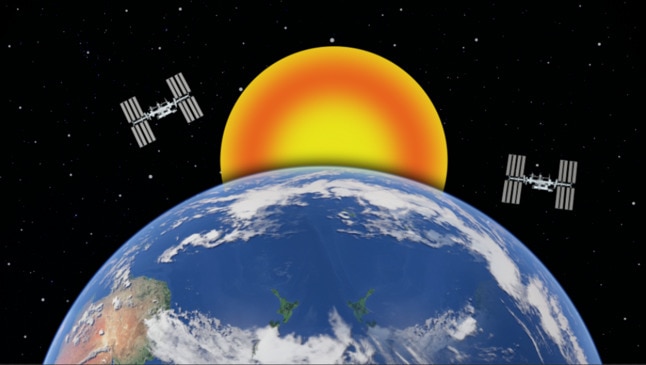
At the same time, officials have been seeking to rally international support against a potential launch, including by attempting to cajole China, India and G-7 nations into delivering their own admonitions, according to people familiar with the matter.
“There are so few spaces of possible strategic alignment for the US and China at Russia’s expense,” a US official said. “This is one of them.”
Intelligence that remains classified indicates that Russia is seeking to develop a nuclear weapon in space that could be used to target satellites, The Wall Street Journal recently reported. Officials and politicians are concerned that such a weapon, if deployed, could pose an indiscriminate risk to military and civilian satellites alike and lead to enormous disruptions to the global economy and communications infrastructure.
US and allied intelligence agencies have watched with growing alarm as Russia and China have both shown an increased interest in weaponizing space in recent years. Placing a nuclear weapon into orbit would violate a decades-old treaty and amount to a steep escalation of threat-posturing in space.
White House officials have been considering declassifying and releasing additional aspects of what is known about the antisatellite weapon to deter the Kremlin and reassure the American public. But in deciding whether to release more information, they are also balancing the need to protect sensitive sources and methods of intelligence collection and an immediate US move to declassify additional details doesn’t appear imminent.
After initially warning that the administration wasn’t taking the threat seriously enough, Turner struck a more conciliatory tone following a classified briefing on Capitol Hill with Sullivan and Director of National Intelligence Avril Haines.
“We all came away with a very strong impression that the administration is taking this very seriously and that the administration has a plan in place,” Turner said.
The Wall St Journal

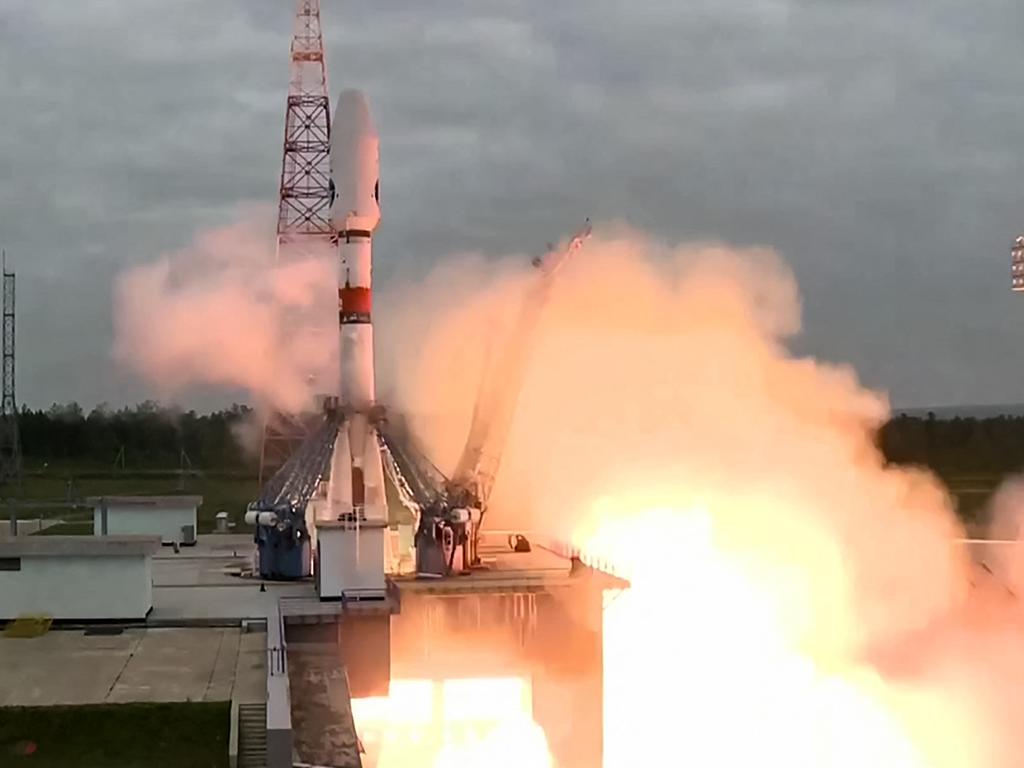
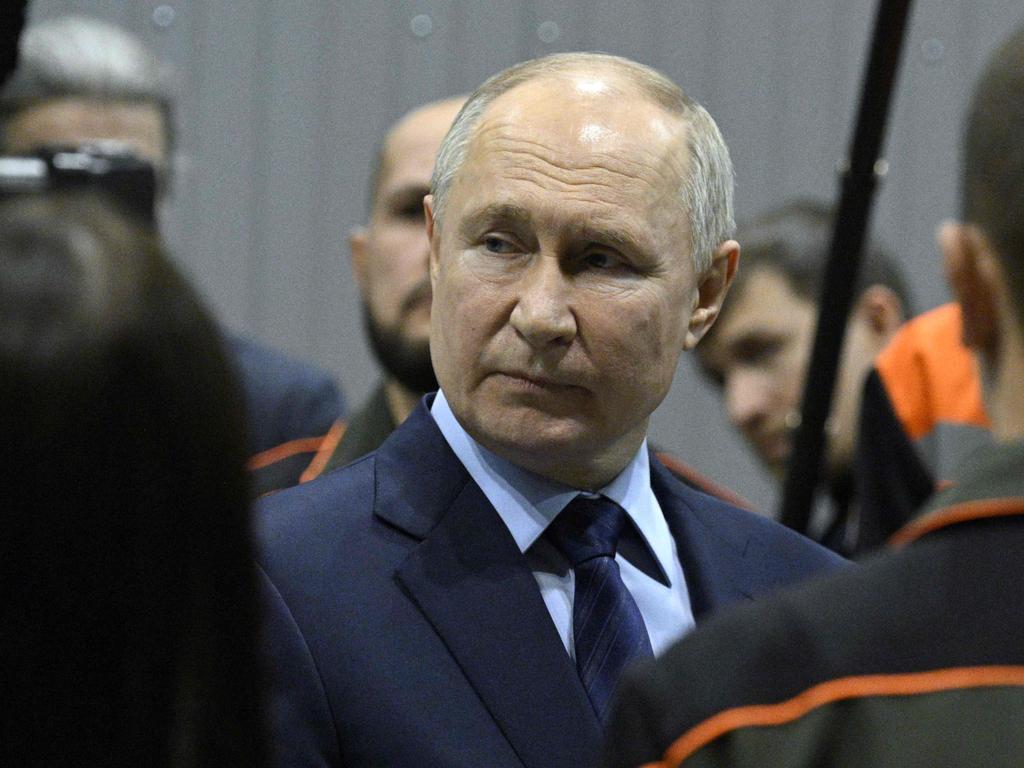

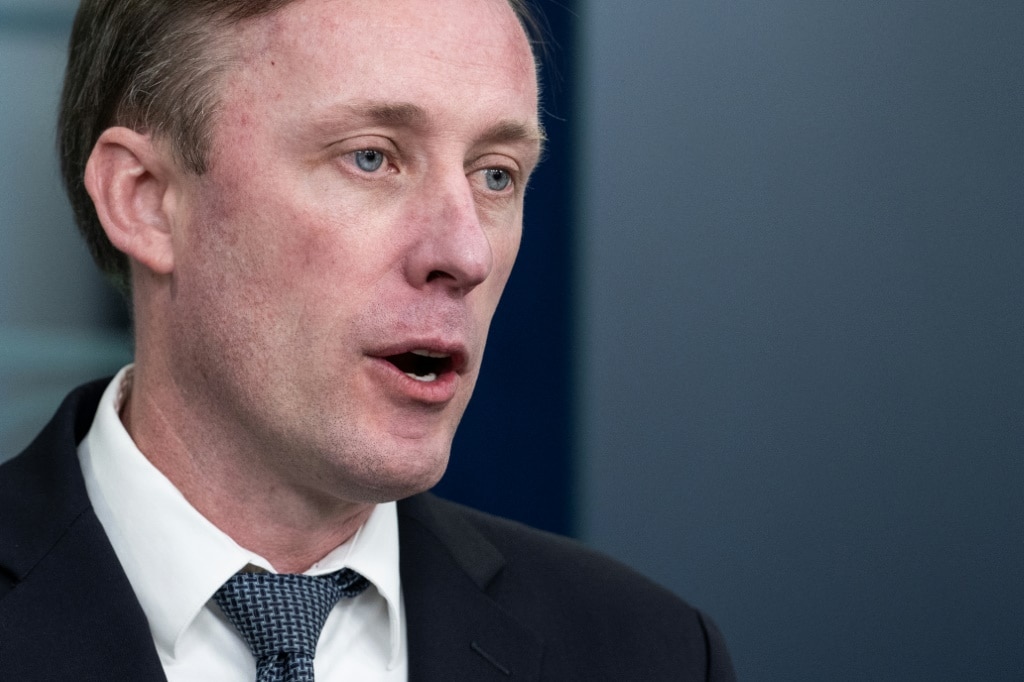


To join the conversation, please log in. Don't have an account? Register
Join the conversation, you are commenting as Logout